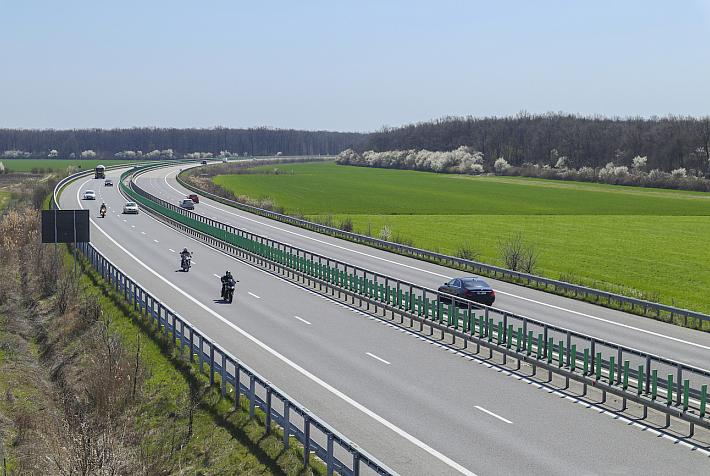Romania moves up six places in the Global Competitiveness Report

Romania ranks a solid 53rd among the 140 economies represented in the World Economic Forum’s 2015-16 Global Competitiveness Report, up six places from last year. Romania is tied on points with Bulgaria (54th) with both nations finishing with a score of 4.32.
Romania ranks above nations like Hungary, Slovakia, and Greece, and is just below Costa Rica and South Africa. The report places Romania in the ‘Emerging and Developing Europe’ group. Only two countries in this group are more competitive than Romania, Poland (on 41) and Turkey (on 51).
The report uses 12 individual pillars to assess a country’s competitiveness. Romania ranks better on ‘Macroeconomic Environment’ – on 34th, but lags behind on ‘Institutions’ and ‘Infrastructure’ (86th on both pillars), and ‘Health and Primary Education’ (83rd). The other four pillars are ‘Higher Education and Training’ (59th), ‘Goods Market Efficiency’ (73rd), ‘Labor Market Efficiency’ (78th), and ‘Financial Market Development’ (55th).
Romania’s Prime Minister Victor Ponta pointed out Romania’s progress over the past years in the international competitiveness report saying that since he took helm of the Government, in 2012, Romania went up 25 places in this ranking (Last year, Romania went up 17 places in the ranking). He asked his cabinet’s ministers to come up with a strategy to improve the indicators monitored by competitiveness reports, which should be closely monitored.
The top three most competitive countries are Switzerland, Singapore, and the United States. Switzerland, ranks 1st in the report for the 7th consecutive year, with an overall score of 5.76. This makes Romania’s economy 25% less competitive than that of Switzerland.
Of the 28 EU countries, Germany is 4th in the ranking, the UK is 10th, and France is 22nd. Greece is by far the European Union’s weakest performer, on 81st.
The report comes to the overall conclusion that urgent reforms to improve productivity are needed to break out of what the report terms the “new normal”. This bleak statement encompasses the low global economic growth and persistently high unemployment seen since the dawn of the financial crisis in 2008. Indeed, the consequences of the 2008 financial crisis are still being felt worldwide with the recovery taking longer than expected. Recent geo-political shocks such as the devastating conflicts in the Ukraine and the Middle East along with the threat of terrorism and the migrant crisis have all placed further strain on the global economy.
The main solution, according to the report, is to ensure that economies around the world become more competitive through reaching a higher rate of productivity while nurturing and attracting innovation and talent. In Europe, Italy, Hungary and Greece faired particularly poorly in the productivity category with Switzerland and Denmark outperforming the rest of the continent.
The Global Competitiveness Report 2015-16 assesses the competitiveness of 140 economies, providing insight into the drivers of their productivity and prosperity. The report series remains the most comprehensive assessment of national competitiveness worldwide. The ranking itself is based on the Global Competitiveness Index (GCI), which was introduced by the World Economic Forum in 2004.
The full report is available here.
Where does Romania stand in the world competitiveness ranking?
Romania’s competitiveness strategy draft: 10 priority sectors by 2020
By Dale Harris, editorial intern











